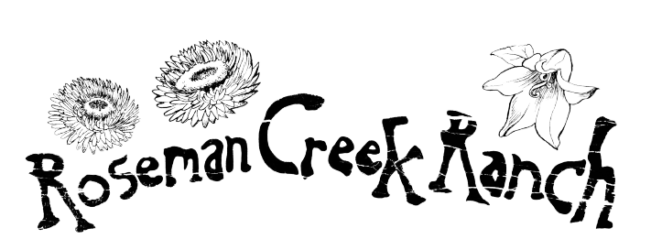The Observatory — September 11, 2012 11:30 AM
What does ‘healthier’ mean?
Coverage of organic-food study plays loose with the term
By Curtis Brainard
TAGS: agriculture, antibiotics, bacteria, chemicals, farming, health, organic food, pesticides
One PagePrintEmailCommentsDiggFacebookTwitterRedditStumbleUponDelicious
“Healthier” is a word the media often use without enough care, and that shortcoming was on full display during last week’s coverage of a study examining the nutritional value and presence of contaminants in organic versus conventional foods.
The study, from a team of researchers at Stanford University, was a “meta-analysis” of 237 previous papers and it reignited the debate about whether or not buying organic food is worth the higher cost. The analysis itself had nothing to do with economics or consumer choices, but it encouraged the media to take a negative view of organic food by adopting a narrow definition of “healthier.”
The researchers’ bottom-line conclusion was that:
The evidence does not suggest marked health benefits from consuming organic versus conventional foods, although organic produce may reduce exposure to pesticide residues and organic chicken and pork may reduce exposure to antibiotic-resistant bacteria.
Given the last clause, and what is known about the health risks of exposure to pesticides and antibiotic-resistant bacteria, the sentence seems self-contradictory. And notice the qualifier in front of health. The absence of “marked” benefits could also be read as the presence of some benefits—which is exactly what the researchers found.
Like the study itself, however, most news reports were able to convey the existence of some advantages of organic foods while still leaving the impression that, on the whole, they’re basically worthless. Take Matt Lauer’s introduction of the study on the Today show:
://www.cjr.org/the_observatory/organic_versus_conventional_fo.php?page=all
